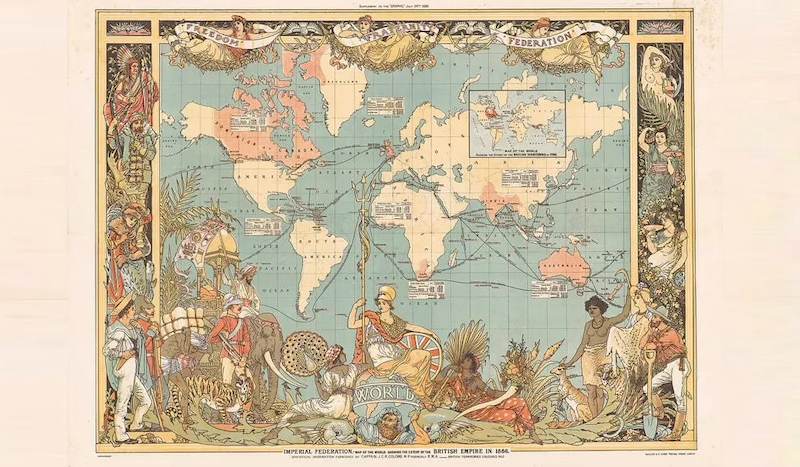Musulmans de France, religiosité, islamisme : les chiffres contestés de l’enquête Ifop

Un sondage réalisé par l’institut Ifop conclut à une forte poussée de religiosité, de rigorisme et de soutien à la mouvance islamiste chez les musulmans de France. Cette étude, critiquée pour ses biais méthodologiques, a été commanditée par une revue soupçonnée de liens avec les Émirats arabes unis. Quelle est la valeur de cette enquête dont les chiffres alimentent déjà le débat politique ? Quelles sont les conclusions d’autres études portant sur ces questions ? Entretien avec Franck Frégosi, spécialiste de l’islam en France, ainsi qu’avec Patrick Simon et Vincent Tiberj, auteurs des analyses sur la religion des enquêtes Trajectoires et origines (Insee/Ined).




